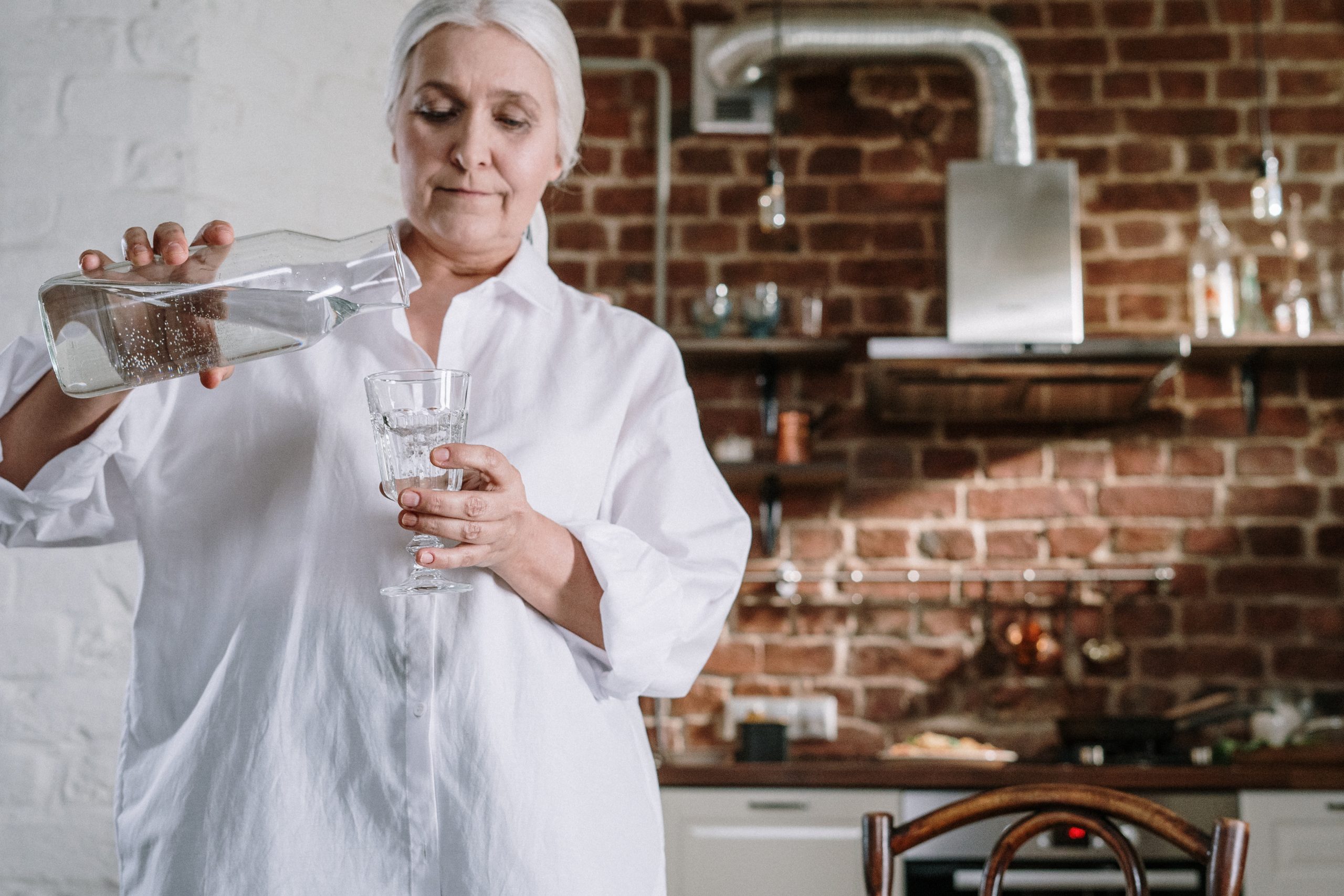Ensuring That Both The Quality And Quantity Of Water Are Correct For Your Patients
Pegasus Home Health Care has consistently provided quality care to our clients since 1994. As an equal opportunity employer, we hire nurses with diverse backgrounds, experience, and expertise. But all have the well-being of their patients as a common goal.
For example, Pegasus skilled in-home caregivers in Tujunga and elsewhere know that staying hydrated is essential. They strive to ensure that both the quality and quantity of water are correct for their patients. Career home health care nurses share facts and tips that help their patients consume adequate fluids.
Tap water is generally regarded as safe. Water from municipal suppliers must meet specific standards of safety. That, however, doesn’t mean it’s always free of contaminants.
Any number of pollutants can contaminate water. Among other causes, it may not be adequately treated. It may travel through damaged pipes to and within your patient’s home.
Depending on the source, water can contain various bacteria, parasites, and viruses. It can also contain minerals and chemicals. Any of these can harm the health of your elderly or immunocompromised patients.
Your patient may suddenly report gastrointestinal or other unexplained illnesses. Once you rule out physical causes, consider the water they’re drinking. It should appear clear, odorless, and tasteless.
Testing the water to determine the kind and levels of contamination is often necessary. A comprehensive test kit will reveal most common contaminants. Others are designed to show only one type of contaminant.
Is Bottled Water A Good Choice?
Your patient may prefer purchasing their drinking water rather than using tap water. Unfortunately, it’s a fallacy that bottled water is always safer. Although it’s rare, bottled water can be contaminated, especially if it’s improperly stored or handled.
The Food and Drug Administration (FDA) defines bottled water broadly. They include water with additives such as electrolytes, flavorings, and nutrients. It’s crucial that you read the labels of all such products that your patient drinks.
Checking the labels is necessary because of your patient’s medical conditions. For example, they should avoid drinks with added sodium if they have hypertension. Other additives may interfere with prescription drugs.
Older Adults Are Often Dehydrated
Even with safe drinking water, seniors can quickly become dehydrated. There are several reasons for that. Factors to consider when evaluating why your patient is dehydrated include:
- Alcohol consumption, which has a diuretic effect
- Decreased signaling from the brain that they’re thirsty
- Impaired ability of the kidneys and brain to work together
- Loss of muscle mass, which means reduced ability to store water
- Medical conditions, such as diabetes, that cause excessive urination
- Prescription drugs, such as diuretics, that increase urination
- Urinary tract infections
Patients who are incontinent or have mobility issues may refuse to drink adequate amounts of liquids. Your dementia patients may either forget to drink or be physically incapable of holding a cup of water.
The symptoms of dehydration vary. Many are also symptoms of other conditions. Early signs to evaluate include:
- Constipation
- Cramps
- Decreased urination, and dark-colored urine
- Disorientation
- Dizziness
- Dry mouth
- Fatigue or lethargy
- Headaches
Dehydration can escalate into life-threatening complications if not reversed.
Facts And Tips To Improve Hydration
As the in-home nurse, you have an opportunity to observe changes in your patient, including signs of dehydration. Share the following facts and tips with your patient and family caregivers to help them improve their hydration:
- Traditionally, individuals were advised to drink eight eight-ounce glasses of water a day. That is not always doable. Or they may need more. An individual’s medical conditions, medications, physical activity, and overall well-being determine how much water they need.
- Remind them that water isn’t the only way to hydrate.
- Many foods are high in water content. The dietitian on your Pegasus team can explain how to include a variety of them in their diet. Examples include:
- Bell peppers
- Cucumbers
- Melons
- Oranges
- Tomatoes
- Zucchini
These are nutritious, low in calories, and require minimal preparation.
- Soups and smoothies can be an excellent way to disguise fruits and vegetables for reluctant individuals.
- Juices help with hydration as well as provide extra nutrition. However, avoid those that contain excessive sugar.
- Foods and beverages can be made more appealing by varying the temperature. Family caregivers can also use different flavorings to entice their loved one to eat and drink.
- Suggest offering small amounts of liquids throughout the day. Many seniors can’t drink a full glass of water in one sitting. Keep a spill-proof container near where they sit so they can sip frequently.
- Caregivers can make liquids more appealing by serving them in attractive containers. If their loved one is disabled or has dementia, suggest purchasing adaptive containers.
Beverages that contain caffeine, such as coffee, are diuretics. But that doesn’t mean your patients have to give them up. Studies show that individuals who regularly drink caffeinated beverages don’t experience a diuretic effect.
Pegasus is a licensed Home Care Organization and a Joint Commission Accredited Home Health Care organization. We value and support our skilled in-home caregivers in Tujunga and our other locations. Our career home health care nurses enjoy opportunities to increase their skills and advance toward their professional goals.

